

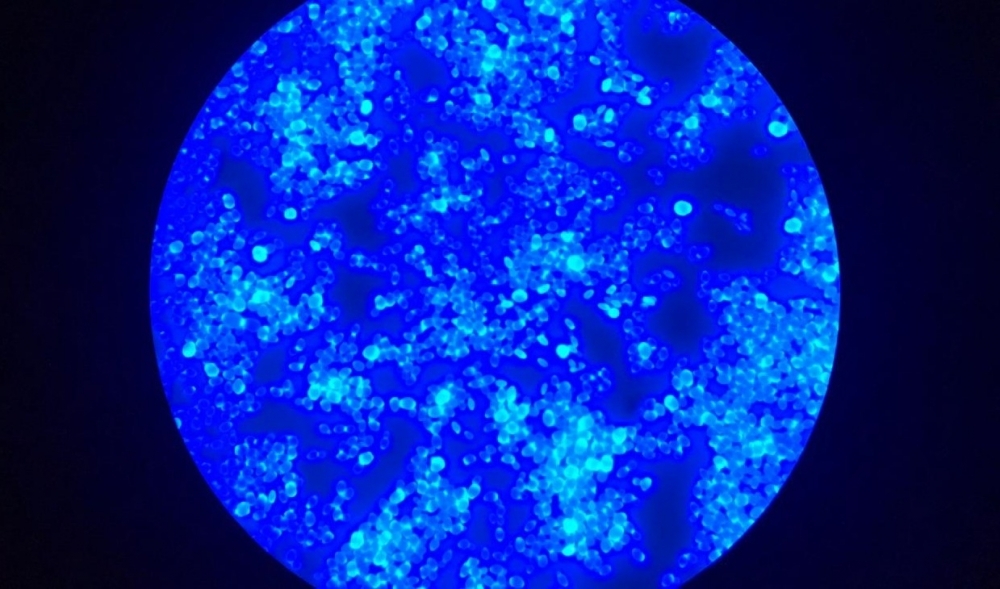
The presence of Candida auris in a hospital in Salvador, Bahia, was confirmed at end-2020 and reported in an article in the Journal of Fungi. The fungus can cause a lethal invasive disease and is ringing alarm bells because of the speed with which it develops drug resistance.

An Anglo-Brazilian research center analyzed samples from blood donors tested for antibodies against the novel coronavirus.

Supported by FAPESP and led by a researcher at the Federal University of São Paulo, EPICOVID-19 BR 2 tested 120,000 people in 133 cities between January 25 and April 24, 2021. Amazonas was the state with the highest seroprevalence, with positive test results accounting for 31.4%. The nationwide average was 15%.

The discovery, made possible by a partnership between a research group and a startup in São Paulo state (Brazil), could lead to novel treatments for intracranial hypertension and its complications, such as stroke.

A group at the University of Campinas used protein mapping to show how abnormal levels of the neurotransmitter glutamate impair the functioning of neurons and oligodendrocytes. The findings could serve as a basis for more effective treatment.

Patients with dementia and especially Alzheimer’s run a threefold risk of dying as a result of infection by SARS-CoV-2. The risk is six times greater if they are over 80, according to a study by Brazilian researchers.
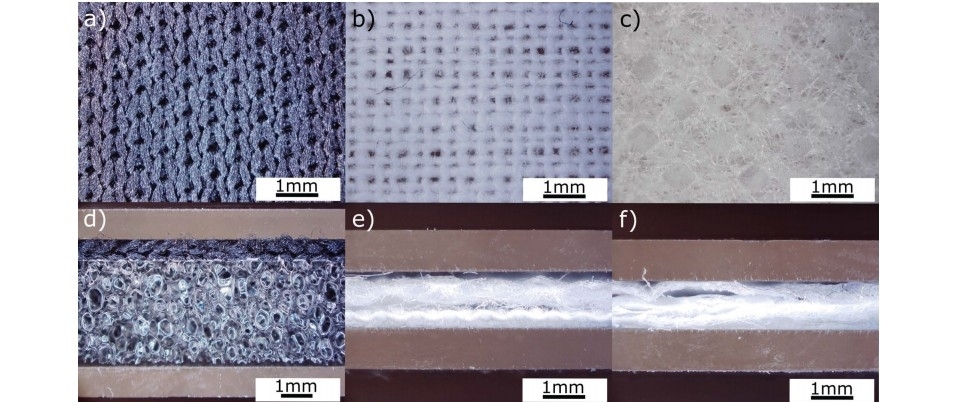
Models for professional use were the most effective at retaining aerosol particles of a size equivalent to the novel coronavirus, followed by TNT masks sold in drugstores. The efficacy of fabric masks ranged from 15% to 70%. A tight fit and lack of seams enhanced protection.
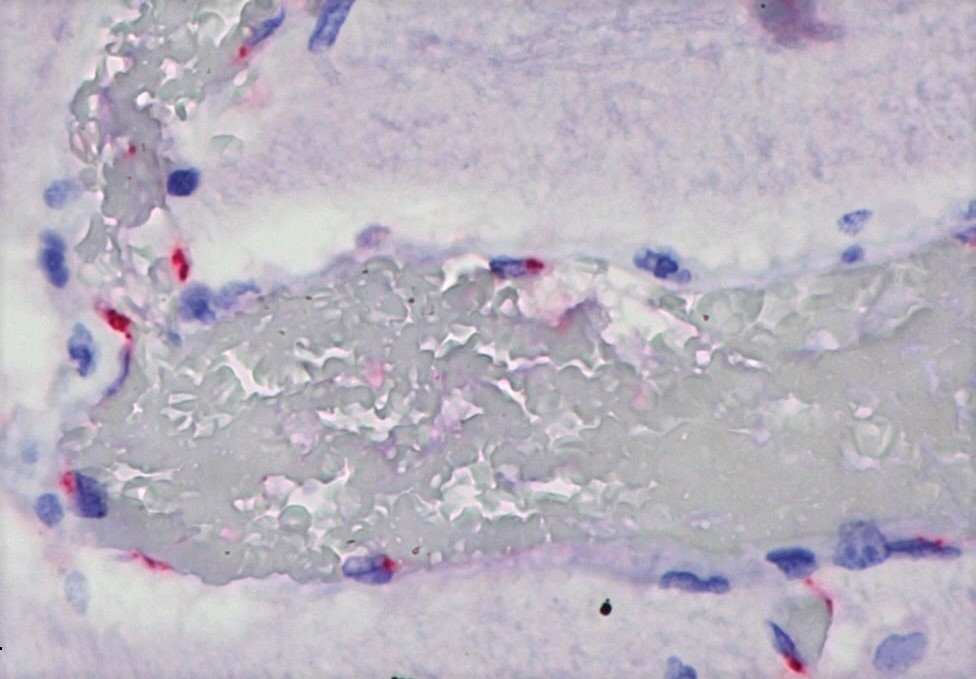
The largest series of autopsies ever performed on children who died from COVID-19 showed that the ability of the novel coronavirus to invade and damage the tissue of all major organs is one of the factors leading to multisystem inflammatory syndrome in children (MIS-C).

Brazilian researchers studied the case of identical twins in which only one sibling was reinfected and developed complications after a second exposure to the virus. Their analysis showed that the adaptive immune response can be different even between individuals with the same genome.

This is the main finding of a study published in Clinical Infectious Diseases. The authors analyzed blood samples collected in a town in the Brazilian Amazon before and after the first wave of the pandemic to detect the presence of antibodies against dengue virus and SARS-CoV-2.

Trials performed by researchers at the University of São Paulo with healthy young adults show that the right level of protein intake is the key to muscle health, regardless of protein source.
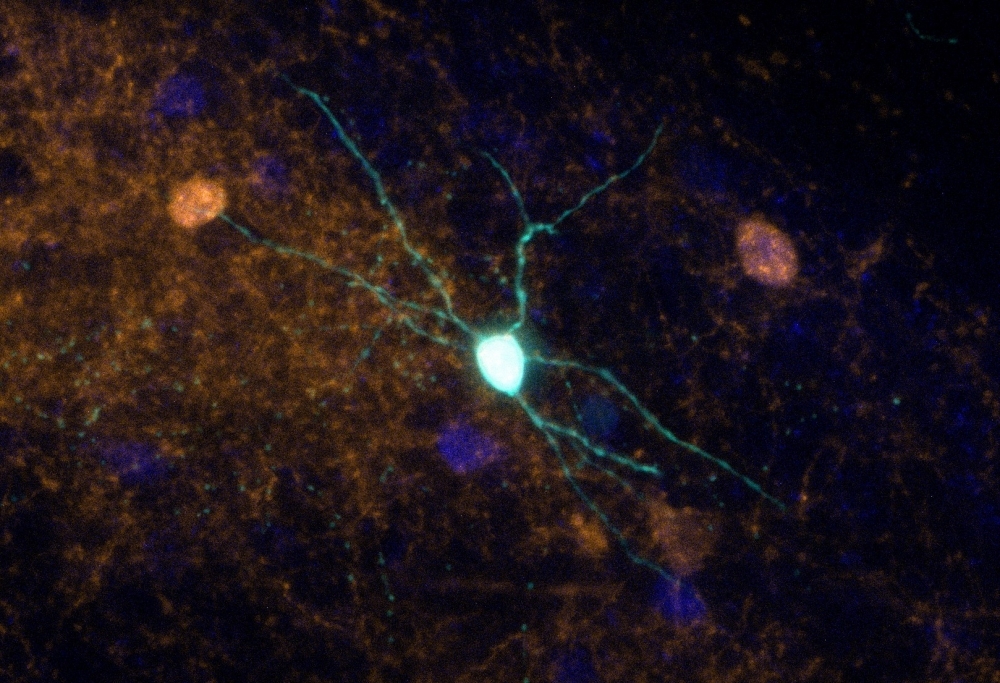
The research group created a virus capable of acting on specific adult brain regions, helping to elucidate the role of key neurons in the prefrontal cortex. They tested the technique on mice.

Conclusion was drawn from a study that involved 92 adolescents aged 11-18. The findings underscore the importance of considering differences between the sexes when treatment is planned.

Brazilian scientists conducted preclinical trials to test membranes produced from mesenchymal stem cells that can differentiate to cartilage and promote local immunoregulation.
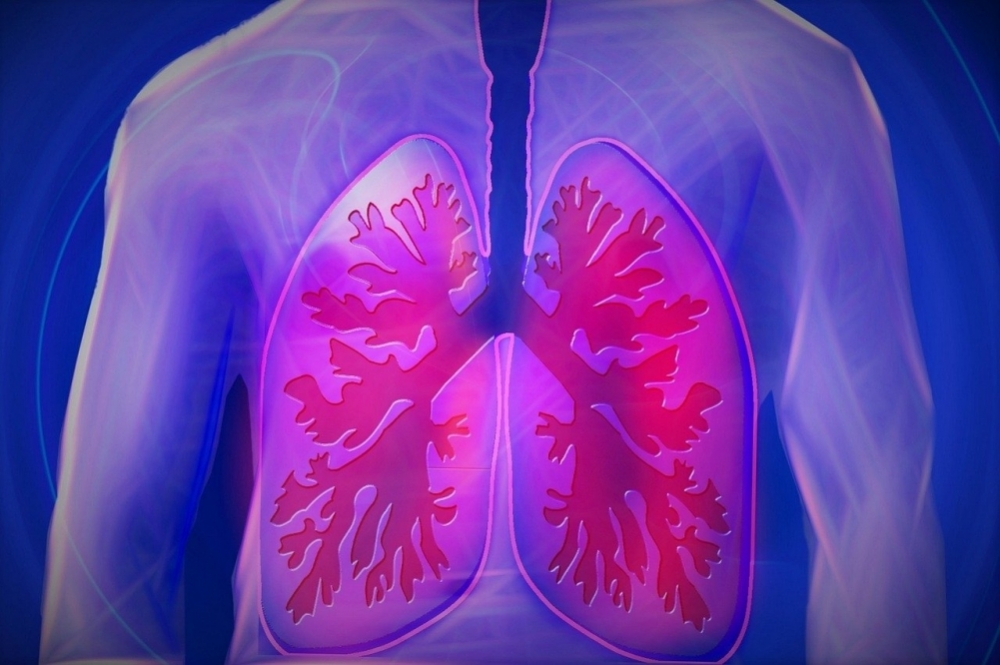
Researchers at the University of Campinas in Brazil reveal the mechanisms whereby SARS-CoV-2 disrupts the regulation of inflammation, coagulation and blood pressure when it infects alveolar cells, responsible for gas exchange in the lungs.

According to researchers affiliated with the University of São Paulo, these indicators can orient preventive care for the most vulnerable and rehabilitation for survivors who suffer from long-term complications.
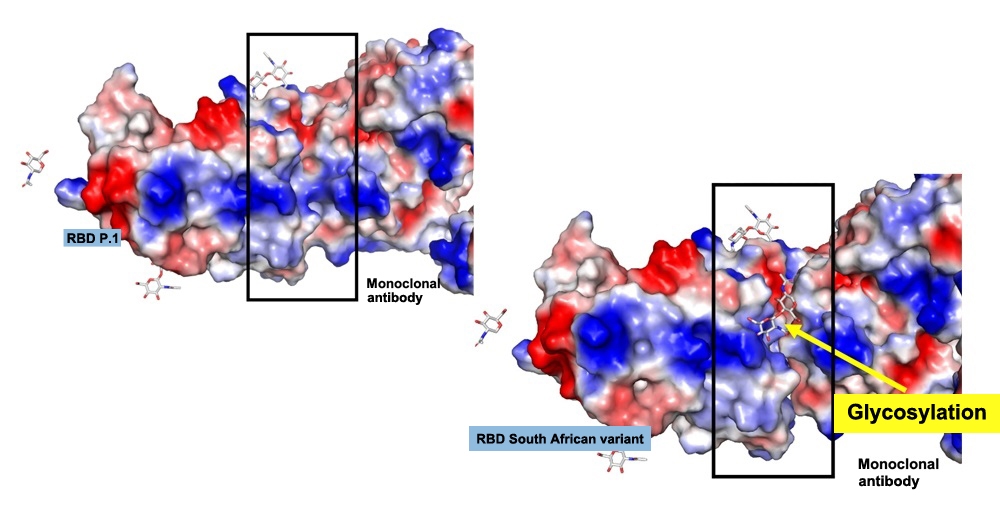
A mutation in the variant’s spike protein is associated with glycosylation, which prevents antibodies from binding strongly to the virus. If the discovery is confirmed by further research, it could serve as a basis for future vaccines that are more effective against novel variants.

Brazilian researchers show that feed supplementation improves fatty acid profile of milk and promotes a healthier omega-6/omega-3 ratio.

In an article published in PLOS ONE, scientists at a FAPESP-supported research center describe the impact of hypoproteinemia on the expression of microRNAs associated with kidney development in rat embryos.
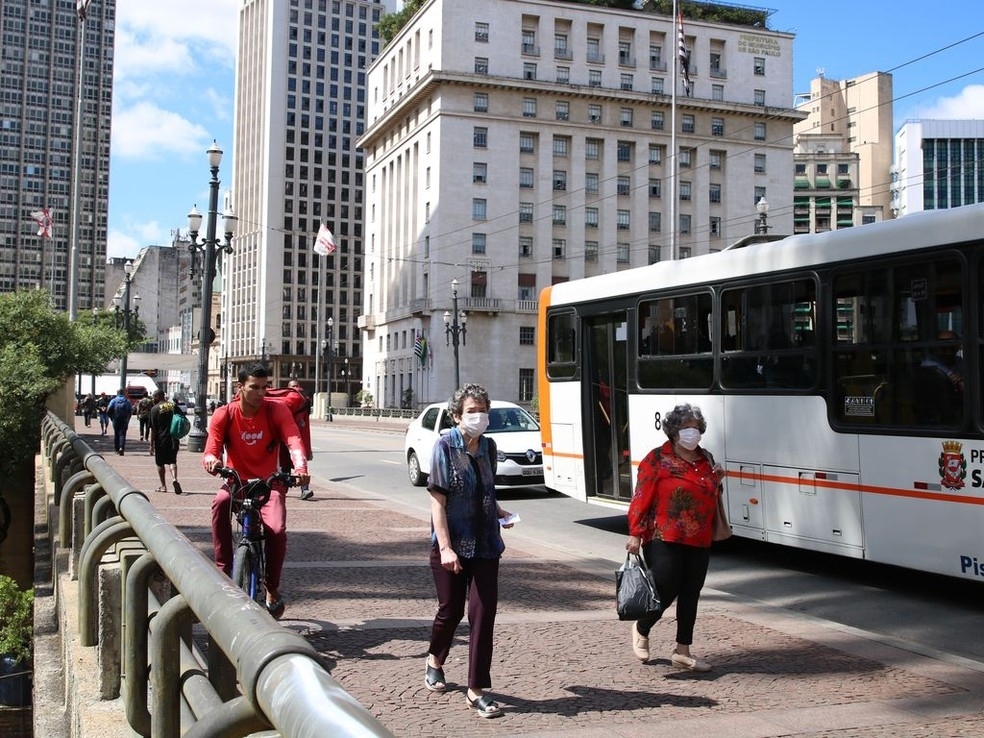
A multinational research group used data from São Paulo to perform calculations which suggest that even a minor reduction in the city’s mobility – equivalent to a rise from 45% to 50% in the social distancing index – correlates with a considerable fall in new infections and deaths after a few days.

Sample collection is much easier and less invasive. Self-collecting is feasible, depending on the child’s age. Schools should reopen only with mass testing to keep track of asymptomatic cases, the researchers argue.

Inexpensive test is non-invasive and based on detection of bladder cancer biomarkers in urine.

A total of BRL 18.5 million will be allocated to funding for collaborative projects by researchers in the state of São Paulo with colleagues in other countries. Proposals must be submitted not later than July 10.
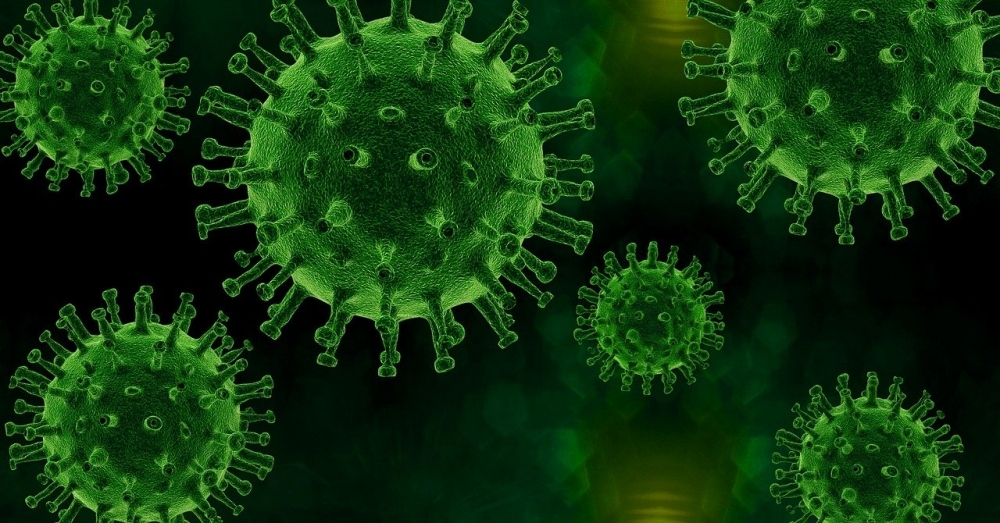
Infection of periodontal tissue, not just airways, explains the high viral load found in the saliva of COVID-19 patients, this study suggests.

Machines designed and prototyped by Setup Automação with PIPE-FAPESP’s support could come to market costing 25% less than currently available devices.